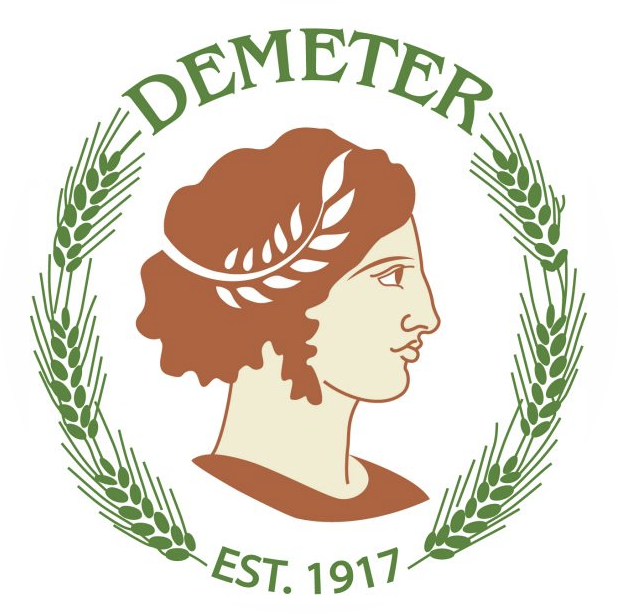Newsletter Aug 2022
WHAT IS the USDFRC?
In March via Zoom we heard from Dr. Alison Duff, a Research Ecologist and a member of the dairy systems research team at the US Dairy Forage Research Center (USDFRC). The DFRC has labs on the UW campus and a 400 cow dairy herd, 1300 acres of cropland and 900 acres of pastures and perennials north of Prairie du Sac. Alison describes multifunctional farms in measures that include not only productivity and profitability, but also an array of ecosystem services. The latter include soil carbon storage, food production, pollinator benefits, greenhouse gas emissions, water infiltration, reduction of soil loss, and more. Many of the ecosystem services may provide direct benefits to farms such as reduced need for fertilizer, improved water infiltration, or reduced predation. Resilience in landscapes refers to their capacity to withstand or adapt to a sustained disturbance such as climate change.
Dr. Duff outlined her own research on silvopasture, the practice of grazing permanent pastures on landscapes containing trees.
Alison envisions three paradigm shifts for agricultural systems research: A) move from production and profitability as the primary metrics of assessment to multiple farm-scale metrics including nitrous oxide (N2O) reduction, nitrate (NO3) retention, soil carbon storage, erosion control, pest suppression, and pollinator conservation, B) shift from distinct/separate research on croplands and non-croplands to a farmscape view that integrates agricultural sciences and landscape ecology, C) shift from originating research at the lab then communicating results to producers to “co-production of research” that continuously engages producers in developing objectives and conducting the research followed by outreach. This was a thought-provoking view of ongoing and future research. Demeter wishes Alison a productive, impactful future in dairy systems research.
Report by George Shook
